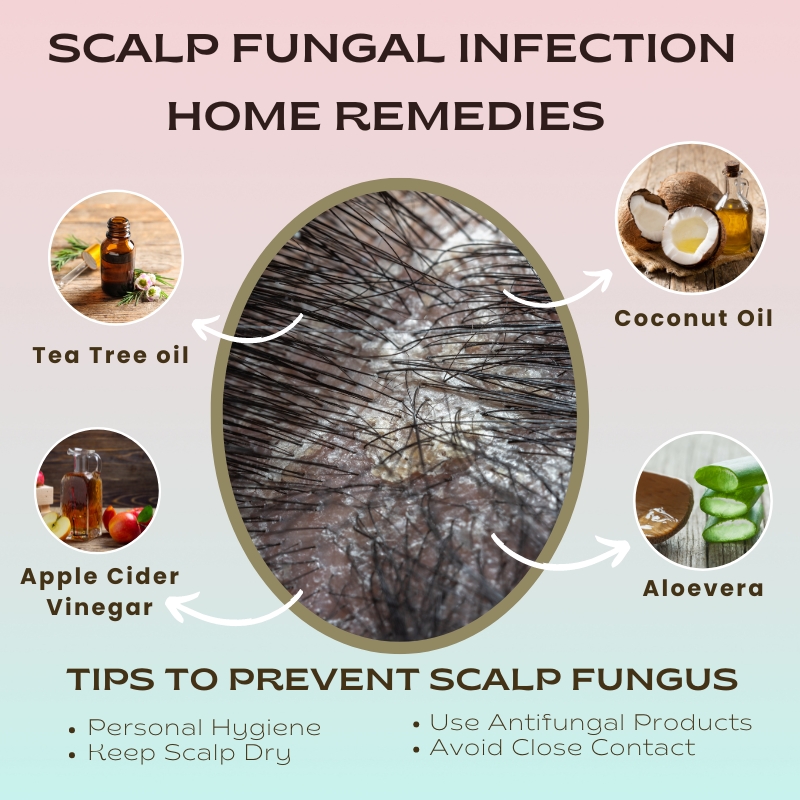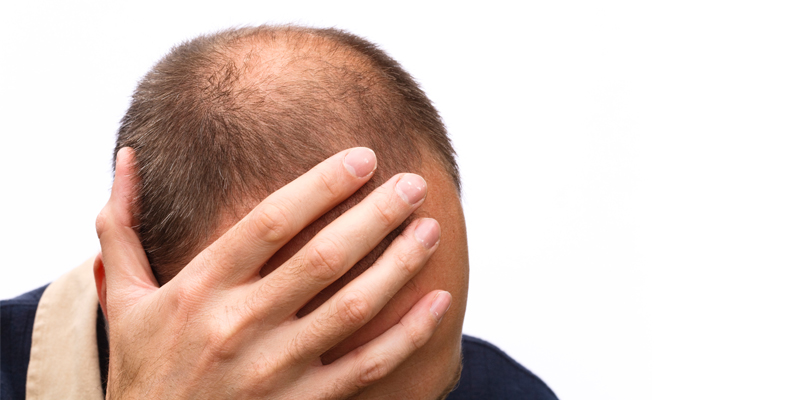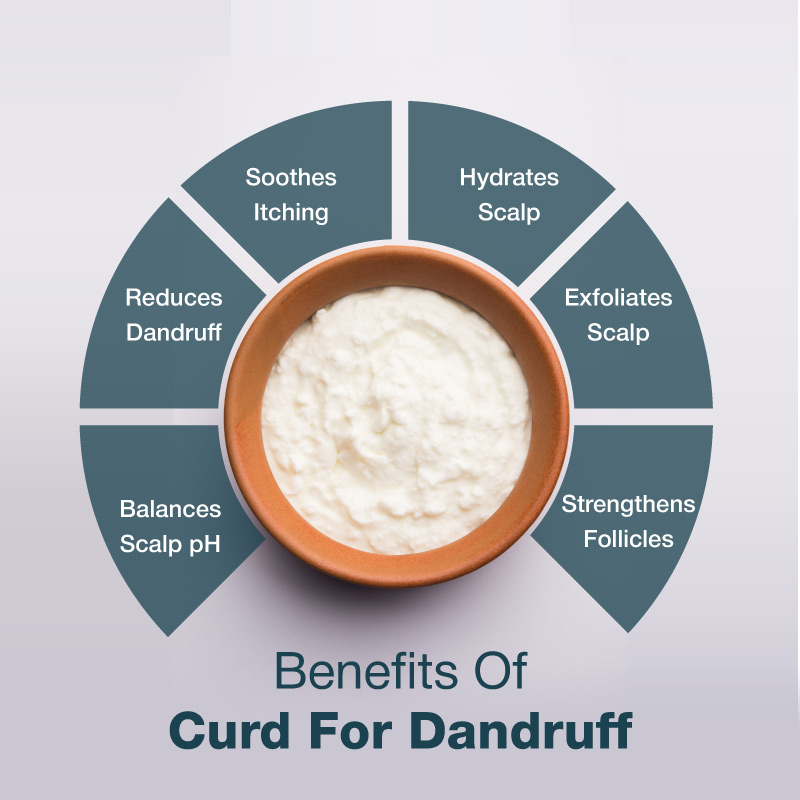In This Article
10 Home Remedies To Treat Scalp Fungal Infection Naturally – Oliva Clinic
Scalp fungus, also known as tinea capitis or ringworm of the scalp, is a common fungal infection affecting the scalp and hair shafts. It primarily affects children but can also occur in adults. Dermatophytes, a type of fungi that thrive in warm and moist environments, are the primary cause of this scalp infection. Understanding the causes, symptoms, treatments, and prevention methods can help manage and prevent this uncomfortable condition.
In This Article

What Are The Causes Of Fungal Infection On Scalp?
Here is a list of the primary causes of fungal infections on the scalp:
-
Direct Contact:
The fungus can spread through direct contact with an infected person or animal.
-
Contaminated Objects
Sharing personal items such as combs, brushes, hats, or towels with an infected person can spread the infection.
-
Environment
Fungi thrive in warm, moist areas. Exposure to such environments, especially with poor hygiene, can increase the risk.
-
Poor Immunity
Individuals with weakened immune systems are more susceptible to infections, including scalp fungus.
-
Shared Living
Living in close quarters, such as dormitories or military barracks, increases the chances of transmission.
What Are The Signs & Symptoms Of Scalp Fungal Infections?
Here are the signs and symptoms of fungal scalp infections you should watch out for:
-
Itchy Scalp
Persistent itching is a common early sign.
-
Red, Scaly Patches
The infection often causes red, scaly patches on the scalp.
-
Sudden Hair Loss
Infected areas of the scalp may have acute hair loss or bald patches.
-
Swollen Lymph Nodes
In some cases, the lymph nodes in the neck may swell.
-
Black Dots On The Scalp
Broken hairs may appear as black dots on the scalp surface.
If you note any of these signs and symptoms, it is likely you have fungal infection of the scalp and reading the next section is a must.
How To Treat Fungal Infections Of The Scalp?
Fungal scalp infections can be stubborn and uncomfortable. Although professional medical advice is essential for accurate diagnosis and treatment, there are several home remedies and haircare tips that can help to reduce discomfort and manage mild fungal infections on the scalp. Here are some effective ways you can maintain a healthy scalp and combat mild fungal scalp infections at home
-
Medicated Antifungal Shampoos:
Use shampoos containing active ingredients like ketoconazole, selenium sulphide, or zinc pyrithione. These shampoos help reduce fungal growth and soothe the scalp. Follow the instructions on the label for the best results. Use these shampoos at least twice a week, allowing the lather to sit on your scalp for 5-10 minutes before rinsing thoroughly.
-
Tea Tree Oil
Tea tree oil has powerful antifungal properties, making it an excellent home remedy for scalp infections. To use it, mix a few drops of tea tree oil with a carrier oil like coconut or olive oil. Apply the mix to your scalp, focusing on the affected areas, and leave it on for 30 minutes before washing your hair with a mild shampoo.
-
Apple Cider Vinegar
Apple cider vinegar is highly effective in balancing the scalp’s pH levels and has antifungal properties that can eliminate scalp fungus. To use this remedy, mix equal parts of apple cider vinegar and water. After shampooing your hair, rinse your scalp with the mixture. Allow it to sit for a few minutes to maximise its effects, then rinse thoroughly with water. This simple treatment can help maintain a healthy, fungus-free scalp.
-
Coconut Oil
Coconut oil is renowned for its moisturising and antifungal properties, making it an excellent option for treating scalp infections. To enjoy its benefits, apply a small amount of warm coconut oil directly to your scalp. Gently massage the oil to ensure even coverage, then leave it on overnight to allow the oil to penetrate deeply. In the morning, wash your hair with a mild shampoo to remove the oil and any residual fungus. This simple yet effective treatment can help restore scalp health and alleviate the symptoms of infection.
-
Aloe Vera
Aloe vera has soothing, antifungal, and anti-inflammatory properties, making it an excellent choice for treating scalp infections. Research highlights that aloe vera contains over 75 active compounds, including vitamins, minerals, enzymes, and bioactive substances such as anthraquinones and acemannan, which contribute to its therapeutic effects. [1] These compounds help inhibit fungal growth and reduce inflammation, promoting a healthier scalp. To use aloe vera for treating scalp fungal infections, extract fresh aloe vera gel from a leaf and apply it directly to your scalp. Leave the gel on for 30 minutes to allow its active ingredients to work effectively. Afterwards, rinse it off with lukewarm water. This treatment can help soothe the scalp, reduce fungal activity, and alleviate associated symptoms like itching and redness.
-
Neem Oil
Neem oil is an effective traditional remedy for scalp infections due to its antifungal and antibacterial properties. Studies show that compounds in neem oil, such as azadirachtin and nimbin, inhibit the growth of fungi and bacteria. [2] To use, mix a few drops of neem oil with a carrier oil, apply to your scalp, leave for at least an hour, and then wash with a mild shampoo. This helps reduce itching, redness, and flaking while promoting a healthier scalp.
-
Yoghurt
Yoghurt is beneficial for treating scalp fungal infections due to its high probiotic content, which helps restore the balance of good bacteria and combat fungal growth. Probiotics such as Lactobacillus and Bifidobacterium inhibit pathogenic fungi like Candida species, making yoghurt an effective natural remedy for fungal infections. [3] To use yoghurt for treating fungal scalp infections, apply plain, unsweetened yoghurt directly to your scalp. Leave it on for 20-30 minutes to allow the probiotics to work effectively. Then, rinse off with lukewarm water. This simple treatment can help soothe the scalp, reduce fungal presence, and alleviate symptoms like itching and redness.
-
Maintain Good Scalp Hygiene
Regular hair washing with a mild shampoo is essential for keeping your scalp clean and free from excess oil and sweat conducive to fungal growth. After washing, it is crucial to thoroughly dry your hair and scalp, as fungi thrive in moist environments.
-
Healthy Diet And Hydration
Eating a balanced diet rich in vitamins and minerals is essential to support your immune system. Foods high in antioxidants, such as fruits and vegetables, can help your body fight infections. Additionally, maintaining proper hydration by drinking plenty of water is crucial to keep your body and scalp healthy, further aiding in the prevention and management of fungal infections.
-
Avoiding Triggers
To prevent the spread of scalp fungal infections, avoid sharing personal items such as combs, brushes, hats, or towels with others. Additionally, limit the use of hair products that can irritate the scalp or create an oily environment, as these can exacerbate fungal infections and hinder the healing process. Maintaining personal hygiene and minimising the use of harsh chemical-based hair products are key steps in managing and preventing scalp fungus.
These home remedies can be effective in managing mild scalp fungal infections. However, if the condition persists or worsens, it is important to consult a dermatologist for further evaluation and treatment.
Top Five Effective Tips To Prevent Scalp Fungus
Here are a few simple tips to prevent fungal scalp infections in the first place:
- Personal Hygiene: Maintain good personal hygiene, including regular hair washing.
- Avoid Sharing Personal Items: Do not share combs, brushes, hats, or towels.
- Keep Scalp Dry: Ensure your scalp stays dry and clean, especially after sweating.
- Use Antifungal Products: Consider using antifungal shampoos if you are prone to infections.
- Avoid Close Contact: Minimise close contact with infected individuals or animals.
When To Consult A Health Care Professional?
If your symptoms persist or worsen despite trying these home remedies, it’s important to consult a qualified healthcare professional. Fungal scalp infections can sometimes be resistant to over-the-counter treatments, and a dermatologist can provide a more accurate diagnosis and recommend appropriate treatments, which may include prescription antifungal medications or other medical interventions. Early professional intervention can prevent the infection from spreading and reduce the risk of complications and hair loss, promoting quicker and more effective healing.
Frequently Asked Questions On 10 Home Remedies To Treat Scalp Fungal Infection Naturally
Yes, scalp fungus can spread to other parts of the body, such as the face, neck, or shoulders, through direct contact.
Yes, scalp fungus is highly contagious and can spread through direct contact or sharing personal items.
In most cases, hair loss due to scalp fungus is temporary. However, if left untreated, it can cause permanent scarring and hair loss.
Side effects of antifungal treatments can include skin irritation, redness, or allergic reactions. It’s important to follow the instructions of a healthcare provider regarding medications and haircare products for treating fungal scalp infections effectively and minimising the risk of side effects.
While diet alone may not cause or cure scalp fungal infections, a balanced diet that supports a healthy immune system can help in overall infection prevention and recovery.
Recovery time can vary depending on the severity of the infection and the treatment selected. It typically takes a few weeks to a couple of months for complete recovery.
Scalp fungus, or tinea capitis, is a fungal infection affecting the scalp and hair shafts, typically caused by dermatophyte fungi such as Trichophyton and Microsporum species.
Symptoms of scalp fungus incluxde itchy, scaly patches on the scalp, hair loss, redness, and sometimes pus-filled sores. Infected areas may also become inflamed and tender.
You can manage scalp fungus at home using antifungal shampoos, maintaining good scalp hygiene, and applying natural remedies like tea tree oil, apple cider vinegar, or coconut oil. It’s also important to avoid sharing personal items to prevent the spread of infection.








